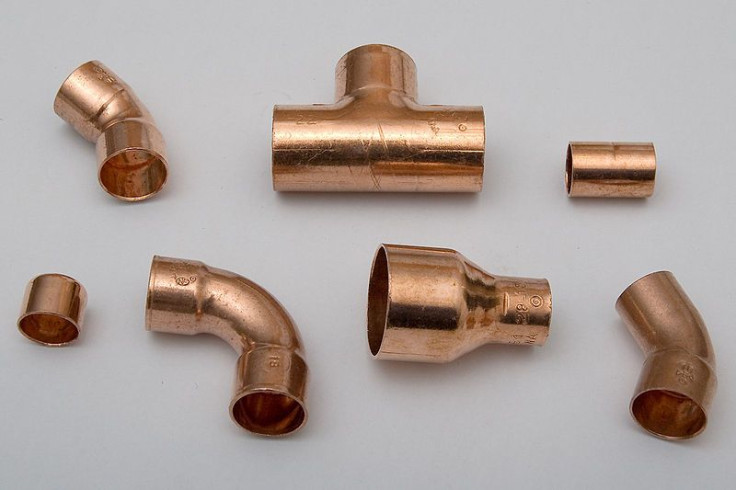Copper Can Destroy Norovirus; Scientist Suggests We Replace All Our Doorknobs

A recently discovered strain of norovirus has caused a resurgence of studies focused on diagnosis, prevention, and treatment. According to findings produced by UK researchers, the highly contagious gastrointestinal bug cannot survive on the surface of cooper.
"Copper alloy surfaces can be employed in high-risk areas such as cruise ships and care homes, where norovirus outbreaks are hard to control because infected people can't help but contaminate the environment with vomiting and diarrhea," said Bill Keevil, chair in environmental healthcare at University of Southampton and lead researcher of the study.
Keevil and fellow University of Southampton researcher Sarah Warnes generated a contamination model that simulated "fingertip-touch contamination on surfaces."
After a series of clinical trials, the research team found that alloy containing 60 percent copper was effective in destroying the norovirus. Keevil claimed switching copper for highly-used metallic surfaces, such as door knobs and side rails, can be an effective step toward prevention.
"The virus can remain infectious on solid surfaces and is also resistant to many cleaning solutions," he said.
"That means it can spread to people who touch these surfaces, causing further infections and maintaining the cycle of infection. Copper surfaces, like door handles and taps, can disrupt the cycle and lower the risk of outbreaks."
Data produced by this study is on track with previous research conducted by Professor Keevil in December 2010. Again, the research team of Keevil and Warnes analyzed the effects of cooper surfaces on horizontal gene transfer (HGT). HGT has been considered a chief contributor to antibiotic-resistant infections, such as E. coli and K.pneumoniae.
"We know many human pathogens survive for long periods in the hospital environment and can lead to infection, expensive treatment, blocked beds and death. What we have shown in this work is the potential for strategically-placed antimicrobial copper touch surfaces to not only break the chain of contamination, but also actively reduce the risk of antibiotic resistance developing at the same time," Keevil explained.
"Copper touch surfaces have promise for preventing antibiotic resistance transfer in public buildings and mass transportation systems, which lead to local and - in the case of jet travel - rapid worldwide dissemination of multi-drug resistant superbugs as soon as they appear."
According to the Centers for Disease Control and Prevention, norovirus is the most common cause of gastroenteritis in the United States. It affects 21 million people each year, contributing to around 70,000 emergency room visits and 800 deaths.
Source: Keevil B, Warnes S. Antimicrobial Copper for Infection Control (Workshop). American Society for Microbiology's 2013 General Meeting. 2013.
Published by Medicaldaily.com



























